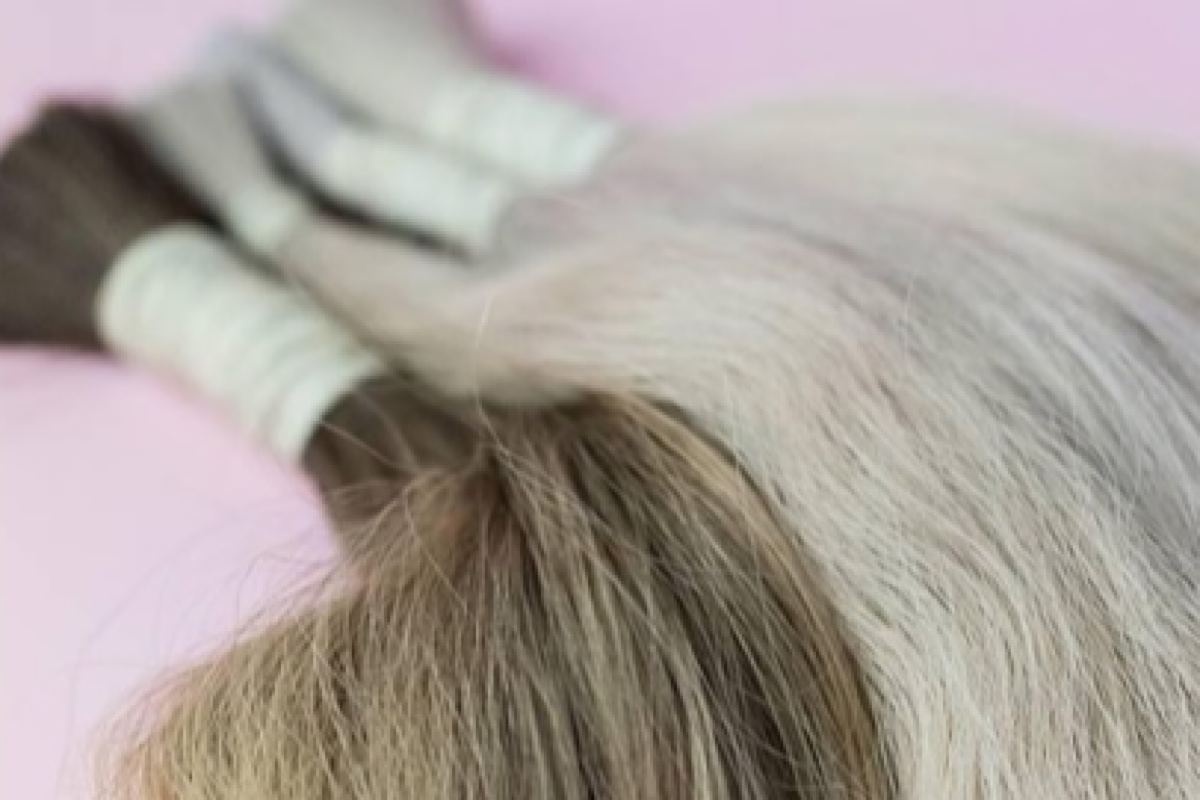Bakuchiol: Why is it a skincare enthusiast’s favorite?
Discover the skincare hype around Bakuchiol – a natural, collagen-boosting alternative to retinol with potent antioxidant properties.

Everything you should know about hair extensions
In the world of beauty and fashion, hair extensions have become an increasingly popular trend. These magical hair enhancers have the power to transform one’s look, add volume, length, and even provide versatility to hairstyling options. For those curious about hair extensions, understanding the different types, methods, maintenance, and overall benefits is essential to achieve the desired gorgeous mane.
Types of Hair Extensions: There are various types of hair extensions available, each with its own set of characteristics and application techniques. The most common types include:
Clip-In Extensions: Ideal for temporary use, clip-in extensions are the easiest to apply and remove. They come in wefts with clips attached, allowing users to add volume and length instantly without any commitment.
Advertisement
Tape-In Extensions: These extensions involve applying pre-taped wefts to the natural hair using heat. They are semi-permanent and can last up to 6-8 weeks with proper care.
Sew-In (Weave) Extensions: Hair wefts are sewn into small braids or cornrows close to the scalp. This method offers a longer-lasting solution but requires professional application and removal.
Micro-Link (Micro-Bead) Extensions: Tiny metal or silicone beads are used to attach the extensions to small sections of natural hair. Micro-link extensions are less damaging and can last several months.
Fusion (Pre-Bonded) Extensions: Individual extensions with keratin tips are fused to natural hair using a heat connector tool. This method is durable but should be done by a skilled stylist.
Halo Extensions: A single weft of hair is attached to a wire, creating a “halo” that sits on the head. This option is temporary and easily adjustable.
Application and Maintenance: Proper application and maintenance are crucial to ensure the longevity and health of hair extensions. Here are some essential tips:
Professional Application: While clip-in extensions can be applied at home, other methods require a skilled hairstylist to ensure a seamless and natural look.
Regular Maintenance: Depending on the type, hair extensions may require maintenance every 4-8 weeks. Follow the stylist’s advice for touch-ups and adjustments.
Gentle Care: Treat extensions like natural hair, but with extra care. Use sulfate-free and extension-friendly hair products. Brush gently from the tips, working your way up.
Heat Styling Caution: Limit the use of heat styling tools to prevent damage. If using heat, apply a heat protectant and avoid high temperatures near the bonds or clips said Mani Tyagi co-founder of Gemeria Hair.
Nighttime Care: Braid or tie your hair in a loose ponytail before bedtime to prevent tangling and matting. And if you have clip in extensions, you should remove them before sleeping to prevent any damage.
Benefits of Hair Extensions: Hair extensions offer a multitude of benefits that go beyond just enhancing appearance:
Instant Length and Volume: Achieve long and voluminous locks without waiting for natural hair growth.
Experimentation: Try new hairstyles, colors, and highlights without committing to permanent changes.
Boosted Confidence: Fuller and beautiful hair can significantly boost self-esteem and confidence.
Versatility: From updos to braids, extensions provide versatility in hairstyling options.
Covering Flaws: Conceal thinning hair or bald spots with discreetly placed extensions.
Hair extensions are indeed beauty secrets that unlock a world of possibilities. With various types and methods available, they cater to different needs and preferences. Remember to opt for professional application and follow proper maintenance routines for long-lasting and healthy results.
Advertisement